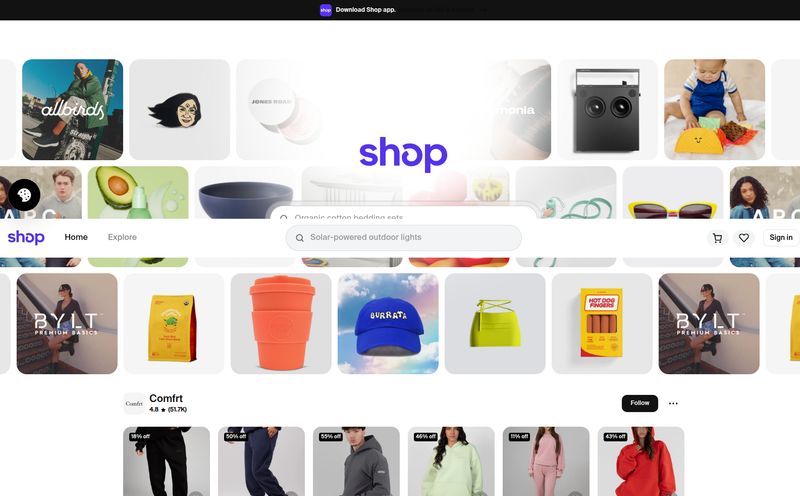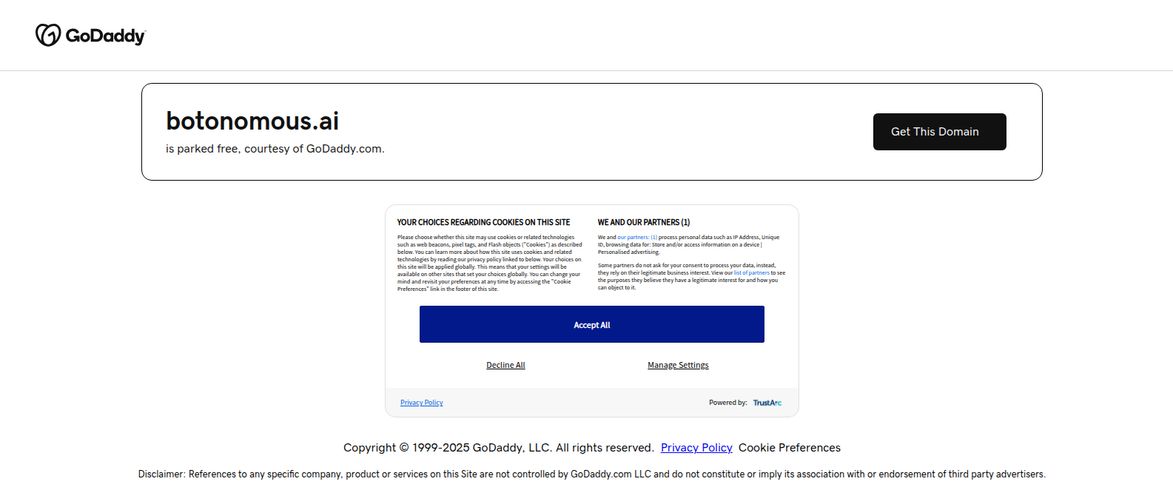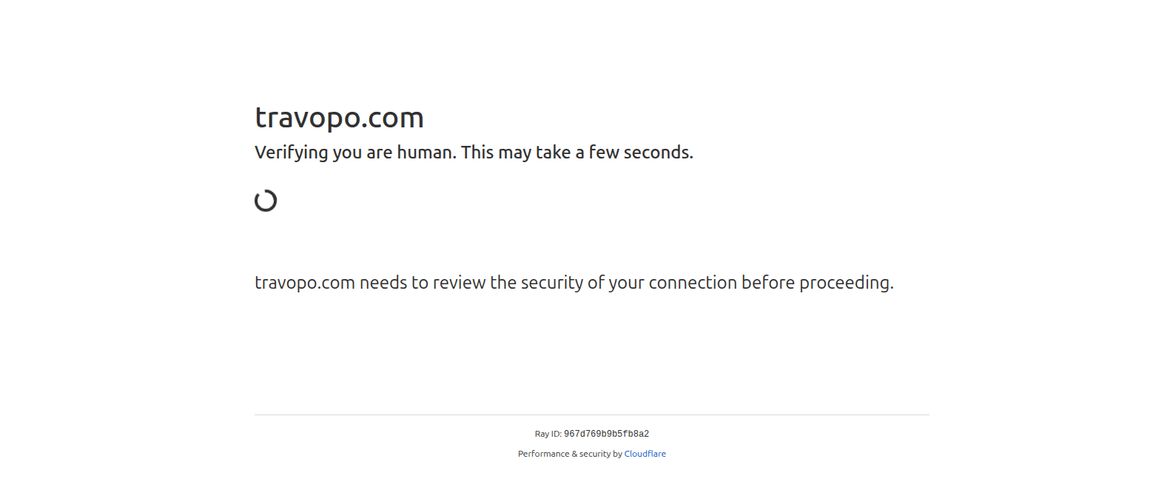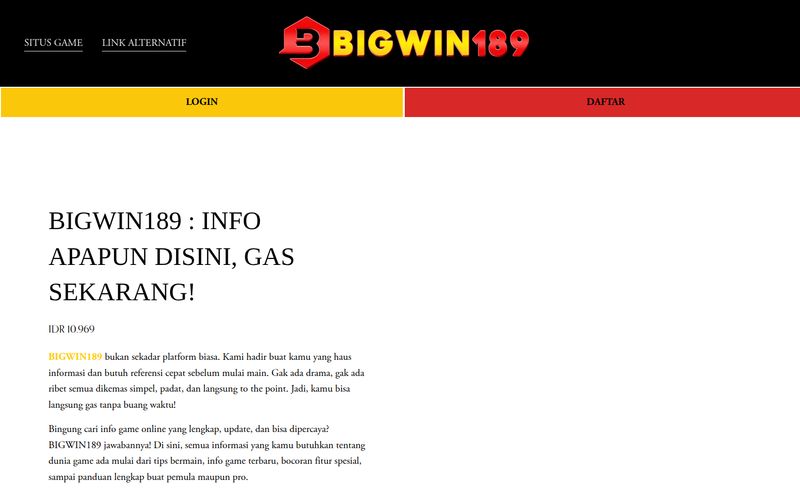It’s 3:17 AM. The house is silent, except for the low hum of the fridge and the frantic tapping of your thumbs on a phone screen. Your search history is a chaotic spiral of “why won't toddler sleep through night,” “is green poop normal,” and “how to survive three-nager phase without losing mind.” We’ve all been there. That weird, lonely digital foxhole of parenthood, where Google is both your best friend and your worst enemy, serving up equal parts reassurance and pure, unadulterated terror.
For years, the internet has been the go-to resource, but it's a messy one. You get advice from a forum user named 'MamaBear_87' right next to a peer-reviewed study from 1998. It’s information overload. So when I heard about a new platform called Parent Atlas, which uses AI to provide parenting advice, my ears perked up. Could this be the antidote to the late-night panic-scrolling? A streamlined, sane source of information? I had to find out.
So, What Exactly is Parent Atlas?
Let's get the basics out of the way. Parent Atlas positions itself as an AI-driven guide for parents navigating the wild world of child development. Think of it as a pocket consultant. Instead of casting a wide net into the search engine ocean and hoping you catch something useful, you can ask specific questions about your child’s behavior, development, and health, and get a curated answer.
The entire platform is built around providing clarity and confidence. From cognitive and emotional growth to speech, learning, and social skills, it aims to cover the whole spectrum of a child's early years. The promise is simple: quick, reliable insights to help you make better, more informed decisions. It’s designed to be less like a sprawling, chaotic library and more like that one hyper-organized, super-smart friend who just happens to have a PhD in child psychology.
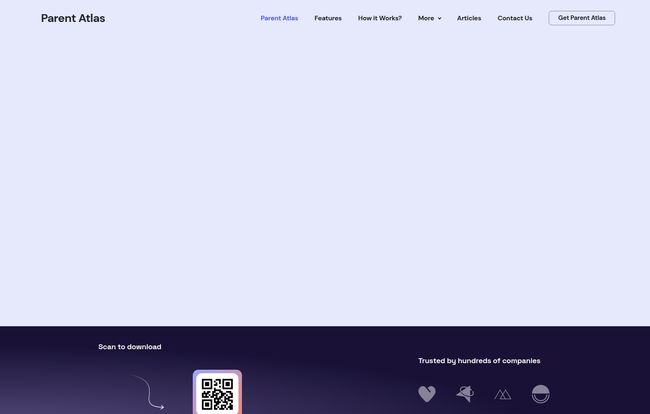
Visit Momly
The Late-Night Google Search is Dead. Or Is It?
The core problem Parent Atlas is trying to solve is a familiar one for any SEO professional and, frankly, any person with an internet connection: signal vs. noise. When it comes to parenting, the noise can be deafening. One blog tells you to let your baby “cry it out,” another insists that’s a one-way ticket to attachment issues. It’s exhausting.
I remember with my first kid, I spent an entire Tuesday afternoon convinced he had scurvy because he wouldn't eat an orange. Scurvy! A quick, sane answer would have saved me a lot of grief (and a call to the pediatrician's office that probably got me put on a 'special' list). This is the space Parent Atlas is stepping into. It's not trying to replace doctors or your own gut feeling, but to act as a first line of defense against misinformation and anxiety.
How Does This AI Nanny Actually Work?
This was my biggest question. “AI-driven” can mean anything these days. Is it just a fancy search engine, or is there something more going on under the hood? While Parent Atlas is a bit tight-lipped about its specific algorithms (which is pretty standard for proprietary tech), we can piece together how it operates based on its features.
The AI Brain: Your Personal Child Dev Specialist
The main event is the AI's ability to answer your queries. You can use the search bar to ask about anything from potty training resistance to why your four-year-old has suddenly developed a third-person-speaking habit. The AI then synthesizes information to give you a direct, actionable answer. This is a huge time-saver compared to sifting through a dozen articles. The goal here is immediate support. Instead of reading pages about the psychological drivers of toddler defiance, you get a concise explanation and a few strategies to try. That's a huge win when you're in the heat of the moment.
The Human Touch: The Expert in the Machine
Now, this is the part that made me feel a whole lot better. The advice isn't just cooked up by an algorithm in a void. It’s all guided and backed by the expertise of Dr. Kadir Sümerkent, a specialist in the field. Having a named professional behind the curtain adds a massive layer of credibility. It tells me the AI is being trained on a solid foundation of real, expert knowledge, not just scraping the web for content. A real person, which, I gotta say, is a relief. It helps bridge that trust gap that so many people have with AI-generated content.
Putting It to the Test: My Honest Thoughts
Alright, so what’s it actually like to use? I spent some time poking around, and here's my unfiltered take.
The best thing about it is the speed and convenience. The ability to get a straightforward answer to a common question in seconds is genuinely great. It feels focused. When you're worried or just plain confused by your child's latest quirk, getting a quick, calming, and expert-backed response is incredibly valuable. It covers a seriously impressive range of topics, from the big milestones to the smaller, weirder things that make you go “huh?”.
But it's not perfect. No tool is. I've always felt that parenting is one of the most beautifully nuanced things a person can do, and my main hesitation is that an AI can't possibly know my child. It doesn't know their specific temperament, their history, or the unique dynamics of our family. The advice, while solid, can feel a bit generalized. It's a fantastic starting point, but you still have to be the one to apply it to your unique situation. Some might argue that this reliance on AI could dull our own parental instincts, and that's a fair point to consider.
Also, the content I found was mostly in article form. While the homepage has a QR code suggesting an app might be the main product, the web experience is more like a highly specialized blog. For some, this is great. For others looking for a more interactive, chatbot-style experience, it might feel a little static. Its a small gripe, but one worth mentioning.
What’s the Price Tag on This Peace of Mind?
Here’s the million-dollar question: what does it cost? From everything I can see, Parent Atlas appears to be free to use at the moment. There's no pricing page, no subscription prompt, no paywall. This is amazing, but as a seasoned vet in the tech world, it also makes me wonder what the long-term plan is. Will they introduce a premium tier later? Will they run on ads? For now, I'd say jump on it while it's completely free. Getting expert-backed advice without opening your wallet is a rare thing these days.
Is an AI Assistant the Future of Parenting?
Look, I get the hesitation. The idea of turning to a robot for parenting advice feels a little... dystopian. A little bit Black Mirror. Are we outsourcing one of the most human experiences to a machine?
I don’t think so. In my experience, technology is a tool. We used to turn to our village elders. Then we turned to books by people like Dr. Spock. Then we turned to WebMD and a million mommy blogs. This is just the next evolution of that. It’s not a replacement for a pediatrician, a therapist, or your own gut feeling as a parent. Nothing can replace the look in your child's eyes or the intuition that tells you something is off.
But as a tool? A way to cut through the noise, get a quick baseline, and calm your anxieties at 3 AM? Yeah, I think Parent Atlas is onto something really powerful here. It's a modern solution for a timeless problem.
Frequently Asked Questions About Parent Atlas
- What exactly is Parent Atlas?
- Parent Atlas is a platform that uses Artificial Intelligence (AI) to provide parents with quick, expert-backed answers to questions about child behavior and development. It's like having a child development specialist in your pocket.
- Is Parent Atlas free to use?
- As of now, the platform appears to be completely free to use, with no subscription fees or hidden costs mentioned on their site.
- Who provides the expert advice on the platform?
- The information and AI are guided by the expertise of Dr. Kadir Sümerkent, a child development professional, which ensures the advice has a credible, human-backed foundation.
- Can Parent Atlas replace a visit to my pediatrician?
- Absolutely not. Parent Atlas is an informational tool for general guidance on behavior and development. It is not a substitute for medical advice. You should always consult your pediatrician or a qualified healthcare professional for any health concerns.
- What kinds of topics does Parent Atlas cover?
- It covers a wide range of topics, including cognitive development, emotional skills, speech and language, learning, social development, and general parenting strategies for various age groups.
- Is my data safe when using an AI tool like this?
- Like any digital platform, it's wise to review their privacy policy. Generally, you should avoid inputting highly sensitive, personally identifiable information into any public-facing AI tool.
The Final Verdict
So, is Parent Atlas the magic bullet that will solve all your parenting woes? Of course not. But it is an incredibly promising and genuinely useful tool for the modern parent. It successfully cuts down on the chaos of online searching and provides a solid, credible starting point for so many of those questions that keep us up at night.
Think of it as a compass, not a map. It can point you in the right direction, but you still have to walk the path yourself. And for any parent who’s ever felt lost in the woods of information, having a reliable compass is a pretty wonderful thing.
Reference and Sources
- Parent Atlas Official Website
- American Academy of Pediatrics (AAP) - For all official health guidance.
- WIRED: What Is Generative AI? - For a general understanding of the tech involved.
